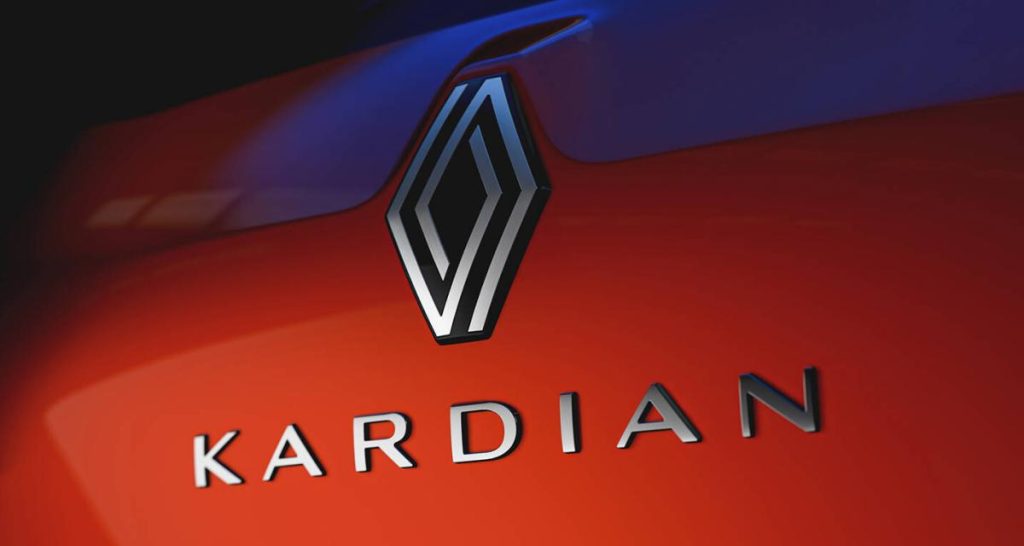Tesla wants to invest in the production of materials for lithium batteries
Luhut Pandjaitan, Indonesia’s Coordinating Minister for Investment Affairs, said in a social media post that Tesla plans “to invest in the production of lithium battery materials” and that the automaker will make an announcement in the coming months. come.
“The investment will be quite significant. Let’s wait for Elon [Musk, ndr] come here at the end of September or October this year,” said Luhut Pandjaitan. However, contrary to what has been said recently, Tesla does not currently plan to build an automobile factory in Indonesia.
Indonesia is building an eMobility industry
Still, it’s not clear what kind of battery materials Tesla plans to produce at the Indonesian factory.
Indonesia has significant nickel deposits and is currently building an eMobility industry by taking advantage of these highly sought-after resources. The activities involved range from the extraction of raw materials to their transformation, including the complete production of batteries and electric vehicles.
As a result, the country has been courting investment from industry giants, including Tesla, for several years.
Win/win partnership
Luhut was the leader of an Indonesian delegation that recently traveled to San Francisco to meet with Musk. The minister also indicated that the Tesla boss would also provide internet to some remote areas of Indonesia with his Starlink satellite communication service.
Indonesia challenged by Malaysia
Still, as the Nikkei Asia newspaper indicates, Tesla’s recent “move” to Malaysia should be a wake-up call for Indonesia. The newspaper added that if Jakarta did not show enough flexibility, its competitors would win investments. What the Indonesian government seems to have understood….
Indeed, says Nikkei Asia, Tesla’s decision last month to establish a regional headquarters in Cyberjaya, Malaysia, has put a big thorn in Indonesia’s side and is a game-changing development for the culture of the industry. electric vehicles in Southeast Asia.
Under its agreement with Malaysia, Tesla will be able to sell its Shanghai-made electric vehicles directly to consumers in the country without any middleman mark-up and without customs duties. Across Southeast Asia, well-placed local businessmen typically maintain a lucrative hold on vehicle imports to the detriment of consumers seeking lower prices, the report said.
The deal makes Tesla the first successful candidate for support under Malaysia’s Battery Electric Vehicle Global Leaders initiative, which was launched in March as part of the government’s efforts to establish the country as a regional hub for electricity. electric vehicle industry.
Tesla regional director Isabel Fan told media that the company’s plan should be seen as a response to the “forward-looking policies” of the government of Malaysian Prime Minister Anwar Ibrahim, who himself held a phone conversation with Elon Musk, early last month.
Indonesia has been courting Tesla for a long time
Indonesian President Joko Widodo has been ardently courting Tesla for much longer. His administration has spoken confidently of making Indonesia the center of the electric vehicle supply chain in Asia, if not the world, with the help of Chinese investment in nickel smelters and clean coal power plants. walk. To support this initiative, the government banned exports of unwrought nickel and supported the development of a nickel-based electric vehicle battery industry. Where the effort has so far failed most is in terms of incentivizing automakers to build electric vehicles in the country. Tesla has been the government’s main target, with Widodo traveling to Texas in May 2022 to meet Musk. On several occasions, Indonesian officials have said that the American company is about to announce a billion dollar investment in batteries and other production in the country.
Following the Malaysian announcement, Luhut Pandjaitan, Indonesia’s powerful coordinating minister for natural resources, said his government would soon announce new incentives for electric vehicle producers and meet with Musk to discuss Tesla’s plans in Indonesia.
Indonesia wants to encourage investment in local manufacturing
Indonesia now imposes a 50% import duty on fully assembled electric vehicles to encourage investment in local manufacturing. Some expect Jakarta to offer to waive the tax, as Malaysia did for Tesla, but Indonesia is deeply committed to a complex regulatory environment that rewards local interests and complicates deals with investors.
A very advantageous agreement with Malaysia
In Malaysia, Musk sought and received guarantees that Tesla would not have to work or share profits with a local partner. With duty-free imports, Tesla began selling its cars in Malaysia last month for less than $50,000, about a quarter of the retail price in Singapore or Indonesia.
The Tesla deal is not only good for the wallets of Malaysian consumers – who are used to rarely being given priority in the eyes of politicians if the Nikkei is to be believed – but the arrangement also includes a range of other promises, including the construction of networks of service centers and charging stations. The company’s plans are expected to result in many jobs for Malaysians and an important step towards better green credentials for the country.
Our opinion, by leblogauto.com
While other automakers and battery makers have already announced investments in Indonesia, Tesla has yet to make its own announcement.
It was only in February that Indonesian President Joko Widodo – speaking in an interview with Reuters – expressed confidence that Tesla would invest in the country.
Indonesia has significant nickel deposits and is currently building an eMobility industry by taking advantage of these highly sought-after resources. The activities involved range from the extraction of raw materials to their transformation, including the complete production of batteries and electric vehicles. As a result, the country has been courting investment from industry giants, including Tesla, for several years.
Tesla is currently building its own lithium refinery in Texas. Having its own facility to process nickel-bearing precursor materials would complement its strategy of investing in its own battery supply chain.
Sources: Instagram, Reuters, Nikkei Asia



